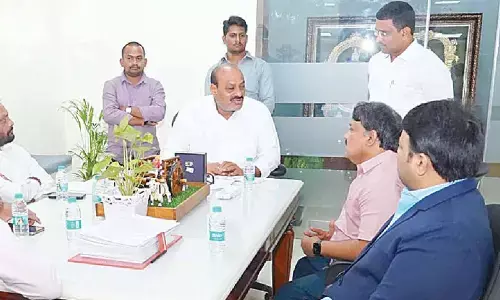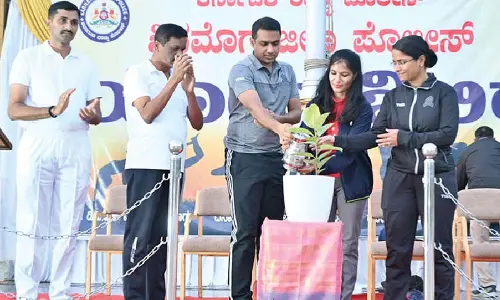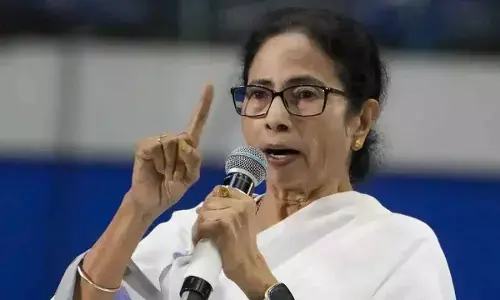92% of Indian women aware of feminine health issues, yet reluctant to act

Self-care topped the list for the Indian women, instead of consultations with a specialist
92 percent of women are aware that their feminine health can affect their mental and emotional health, but only a small percentage take proactive measures, reveals a recent survey conducted by Motherhood Hospitals, a specialty hospital chain offering comprehensive women, children, and fertility care services. According to the survey, half of the women prefer to discuss their gynae health concerns with female family members, while the rest prefer to discuss it with friends or spouses rather than a professional expert.
The survey was conducted to better understand the priorities of modern women in terms of feminine health, to track changes in consumer opinion regarding female health, and to investigate the reasons for these changes. The survey also assisted in identifying various factors such as women's social and psychological aspects that may be influencing or having an impact on their gynae health.
Here are the survey insights:
• Consistent action towards taking care of one's feminine health is missing
• 55 percent of Indian women only visit gynaecologists for pregnancy related concerns, whereas 22 percent visits for menstrual health issues
• Only 11 percent of women go for regular gynae check-ups
• 54 percent women shared that they wish to start tracking their health in the future while 38 percent have not given it much thought
• Only 33 percent women opted for a follow up checkup after a week or two, whereas 33 percent said no and rest of the 33 percent were unsure
• Self-care topped the list for the Indian women, instead of consultation with a specialist
• Top three things that women do to take care of their Gynae Health: Eating healthy, exercising regularly, and keeping stress levels in check
Vijayarathna Venkatraman, CEO, Motherhood Hospitals, said, "In the recent times with ease of access to digital resources, financial independence and higher levels of awareness, women's general and reproductive health in India is gaining attention. This was also validated by our survey but the sore point which emerged is the inaction in taking proactive measures. Timely intervention can help control the condition from becoming unmanageable and posing further threats. With an aim to redefine comprehensive healthcare for women, we at Motherhood Hospitals, are committed to providing accurate and transparent information and quality care from our highly proficient medical practitioners to help women with their feminine concerns and get the best of advice and treatment that is available."
One-on-one interviews with surveyed women revealed that knowing the gynaecologist makes a big difference. Most women are willing to discuss their feminine health concerns with their gynaecologists if they feel at ease with them and believe they have an open mind. When it comes to regular gynae health checkups, a certain segment of respondents revealed that they prefer going directly to a women specialty hospital. According to the survey, while awareness and prioritisation of feminine health are high among the studied sample, they do not always translate into action (visiting a gynaecologist), for a variety of reasons. This sentiment provides an excellent opportunity to emphasise the importance of women prioritising their feminine health and taking preventive measures.
The in-depth qualitative survey was conducted through interviews with 225 women, mostly from SEC A and B, representing millennials, Gen X, and Gen Z across tier 1 cities in India.















